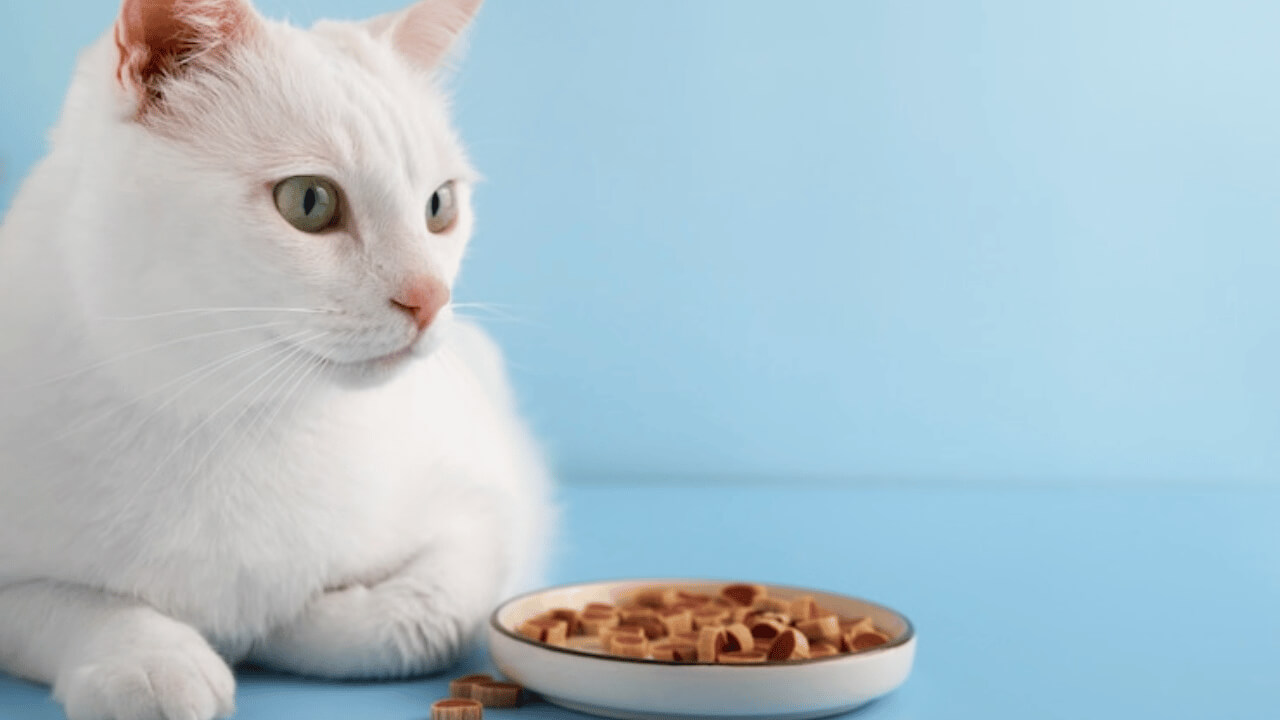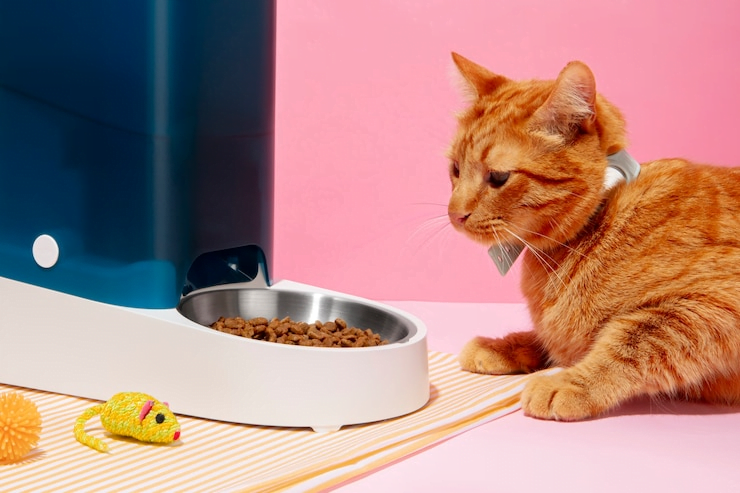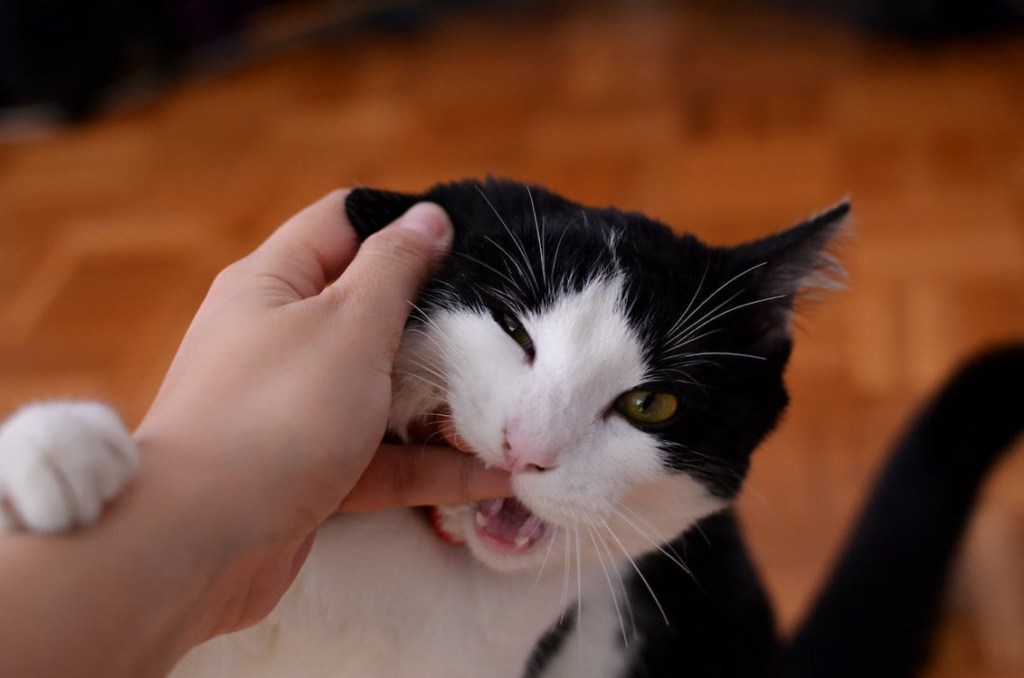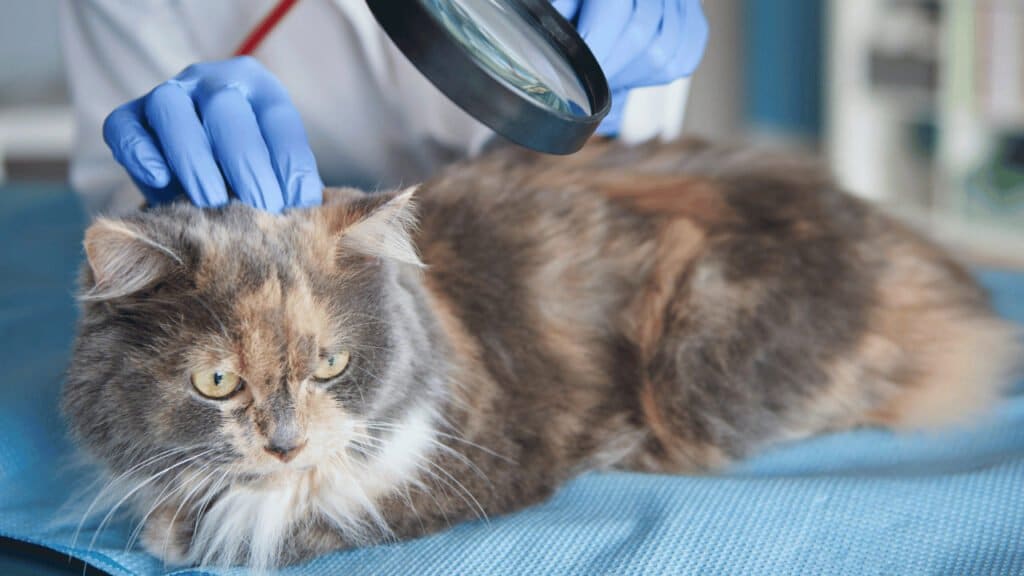Persian cat health issues, with their luxurious coats and sweet personalities, are one of the most famous cat breeds around the globe. However, their unique physical characteristics often come with various health issues. If you’re a proud owner or considering becoming one, understanding these health concerns is crucial for ensuring your Persian cat lives a long, happy life.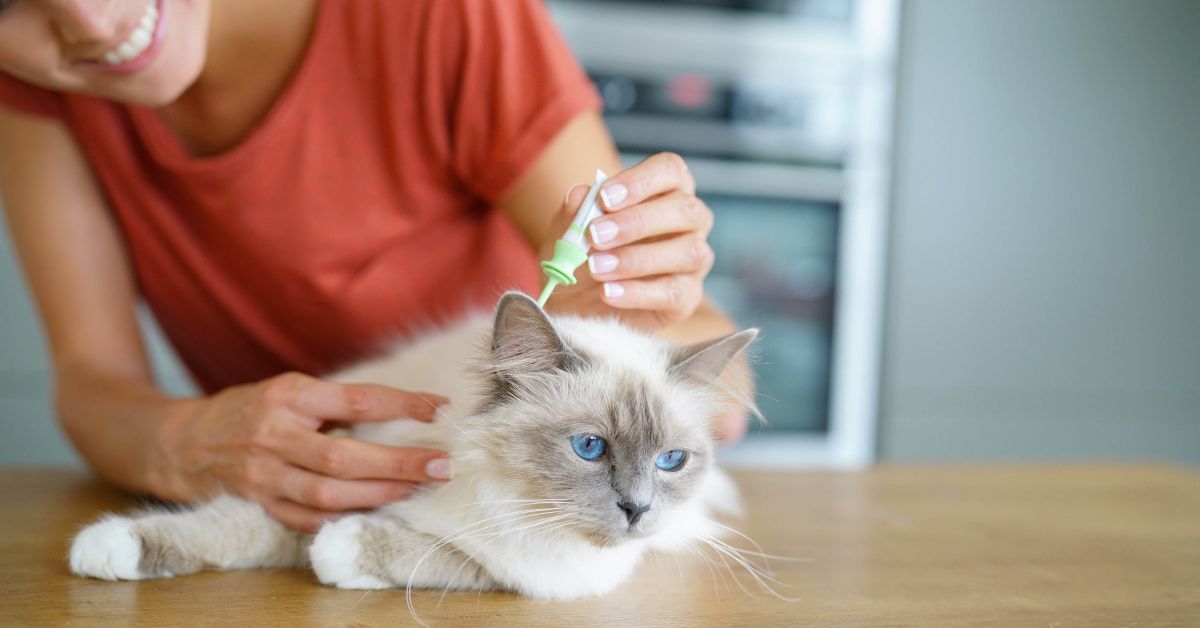
This guide will walk you through the most common health problems Persian cats face, how to manage and prevent them, and practical tips to keep your fluffy companion in top shape.
Common Health Issues in Persian cat health issues
Persian cat health issues are known for their distinct flat faces, which can cause various breathing and dental issues. Additionally, their long coats require regular grooming to prevent skin infections.
Several ailments are prevalent among Persian cats:
- Respiratory issues due to their brachycephalic nature.
- Dental diseases that affect their pearly whites.
- Polycystic kidney disease (PKD) is a genetic condition.
- Hypertrophic cardiomyopathy (HCM), heart muscle disease.
- Eye conditions like corneal ulcers and excessive tearing.
Detailed Breakdown of Prevalent Health Concerns
The causes and symptoms of these health problems can help you act swiftly: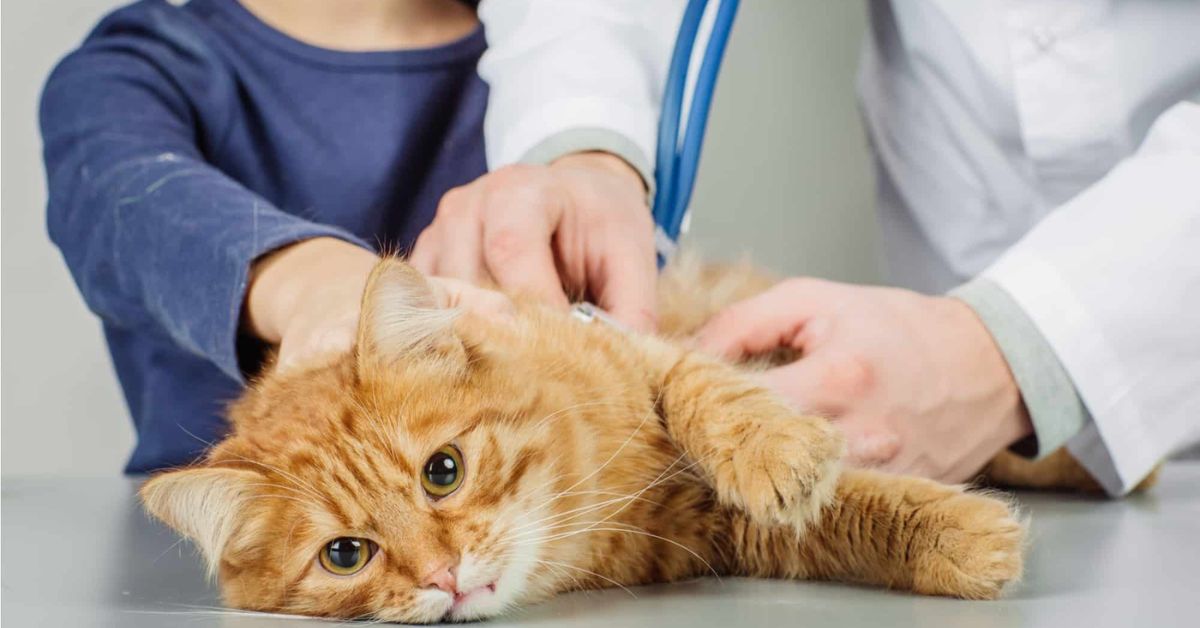
Respiratory Issues
Due to its flat face and short nasal passages, Brachycephalic Airway Syndrome is expected. Symptoms include noisy breathing, snoring, and, in severe cases, sleep apnea. Rapid breathing and breathing difficulties are also signs to watch out for.
Dental Diseases
Persian cats often have overcrowded teeth, which can lead to periodontal disease and gingivitis, pain, and potential tooth loss. Regular dental cleaning is crucial for preventing these issues.
Polycystic Kidney Disease (PKD)
This genetic condition causes multiple cysts to form in the kidneys, leading to kidney failure over time. Symptoms include excessive thirst, weight loss, and lethargy. Regular check-ups and special diets can help manage this condition.
Hypertrophic Cardiomyopathy (HCM)
HCM is a heart muscle disease that thickens the heart walls, leading to heart failure. Symptoms include lethargy, weight loss, and heart murmurs. Regular veterinary care is essential for early detection and management.
Eye Conditions
Persian cats are prone to eye issues due to their prominent eyes. Corneal ulcers, excessive tearing, and retinal atrophy are common problems. Regular cleaning and veterinary check-ups can help maintain their eye health.
Management and Prevention Strategies
Taking proactive steps can help manage and prevent these health issues:
Respiratory Issues
Ensure your cat maintains a healthy weight to reduce breathing difficulties. Use a harness instead of a collar to avoid pressure on the neck. Regular veterinary check-ups are essential for monitoring respiratory health.
Dental Diseases
Regular dental cleaning and helping dental treats maintain dental health. Ensure your cat’s diet is free from food residue that can cause plaque buildup.
Polycystic Kidney Disease (PKD)
Genetic testing can help identify PKD in Persian kittens. Regular monitoring and a proper diet tailored for kidney health are crucial. Consult your vet for recommendations on managing PKD.
Hypertrophic Cardiomyopathy (HCM)
Regular heart screenings can help detect HCM early. Medications and a balanced diet can help manage this condition. Watch for signs of cardiomyopathy, such as rapid breathing and lethargy.
Eye Conditions
Clean your cat’s eyes regularly to prevent infections. Use a damp cloth to wipe away any discharge. Ensure your cat’s living environment is clean to reduce the risk of eye infections.
Importance of Regular Veterinary Care
Regular veterinary care is essential for the early detection and management of health issues. Schedule check-ups at least twice a year. Monitor your cat’s behavior closely and consult your vet immediately if you notice any concerning symptoms.
Responsible Breeding Practices
Choose responsible breeders who screen their cats for genetic conditions. This helps reduce the risk of inherited health problems in Persian kittens. Reputable breeders provide clinical records and are transparent about their breeding practices.
Tips for Maintaining a Healthy Persian Cat
Persian cats are known for their luxurious coats, charming personalities, and affectionate nature. To keep your Persian cat healthy and happy, it’s essential to provide proper grooming, regular veterinary check-ups, a balanced diet, and a stimulating environment. By following these tips, you can ensure your Persian cat lives a long and fulfilling life.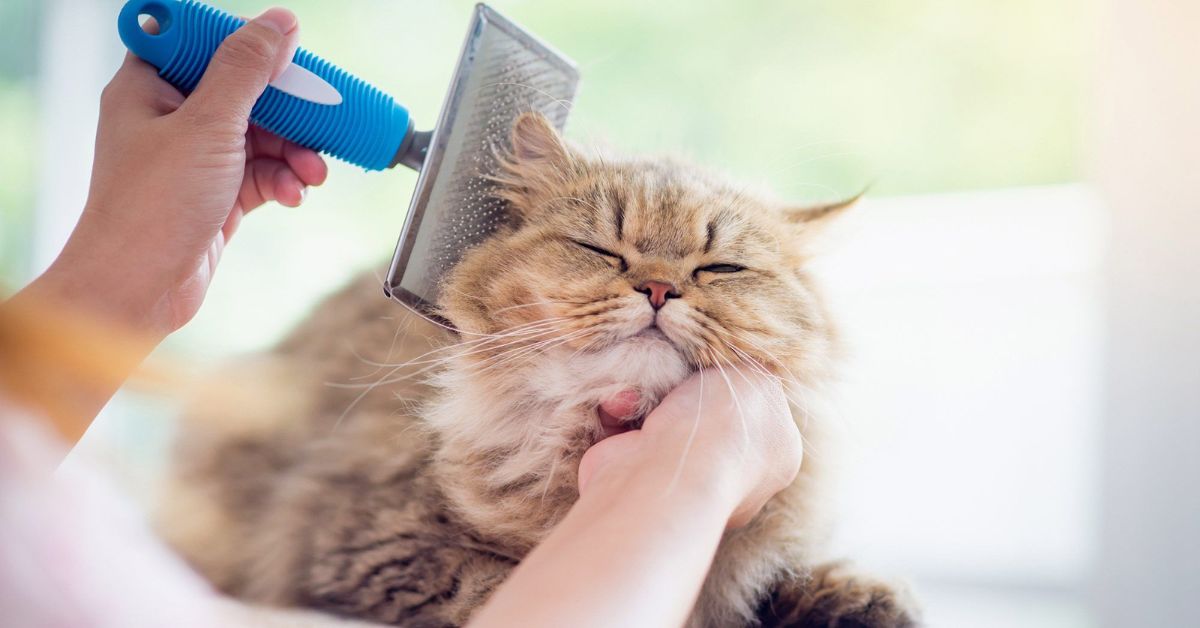
Balanced Diet
Provide a balanced diet tailored to your cat’s age, weight, and health condition. Consult your vet for recommendations on the best food for your Persian cat.
Regular Grooming
Regular grooming is essential to prevent skin infections and haircoat issues. Brush your cat’s coat daily and keep their ears and eyes clean.
Exercise and Mental Stimulation
Provide toys and interactive playtime to keep your cat physically and mentally stimulated. This helps prevent destructive behavior and keeps your cat healthy.
Real-life Stories and Experiences
Many Persian cat owners have managed their pets‘ health issues proactively. For example, Penny from Australia shares how regular dental cleaning and a special diet helped her Persian cat, Fluffy, maintain excellent dental health. Steve from the USA emphasizes the importance of regular check-ups, which helped detect and manage his cat’s PKD early.
Encouragement for a Proactive Approach
Taking a proactive approach to your Persian cat’s health can significantly improve their quality of life. Regular veterinary care, responsible breeding practices, and a balanced diet are crucial for managing and preventing health issues.
Conclusion
TPersian cats’ health issues are the first step in providing the best possible care. By taking a proactive approach, staying informed, and working closely with your veterinarian, you can ensure your Persian cat enjoys a long, healthy, and happy life.
Consider booking a consultation with your veterinarian for more information and personalized advice. Your Persian cat deserves the best; with proper care, they can thrive in your loving home.
FAQ
What are the signs of respiratory issues in Persian cats?
Signs include noisy breathing, rapid breathing, and sleep apnea. In severe cases, respiratory distress may occur.
How can I prevent dental diseases in my Persian cat?
Regular brushing, professional cleanings, and providing dental treats can help maintain good dental health.
What should I do if I suspect my Persian cat has PKD?
Consult your veterinarian for genetic testing and regular check-ups. A specialized diet may be recommended to support kidney health.
Are Persian cats prone to eye infections?
Yes, their large, protruding eyes make them susceptible to injuries and infections. Regular eye cleaning and prompt veterinary care are essential.
Can a balanced diet improve my Persian cat’s health?
Absolutely! A balanced diet rich in nutrients and hydration can support overall health and address specific health needs.

